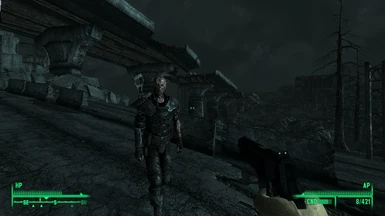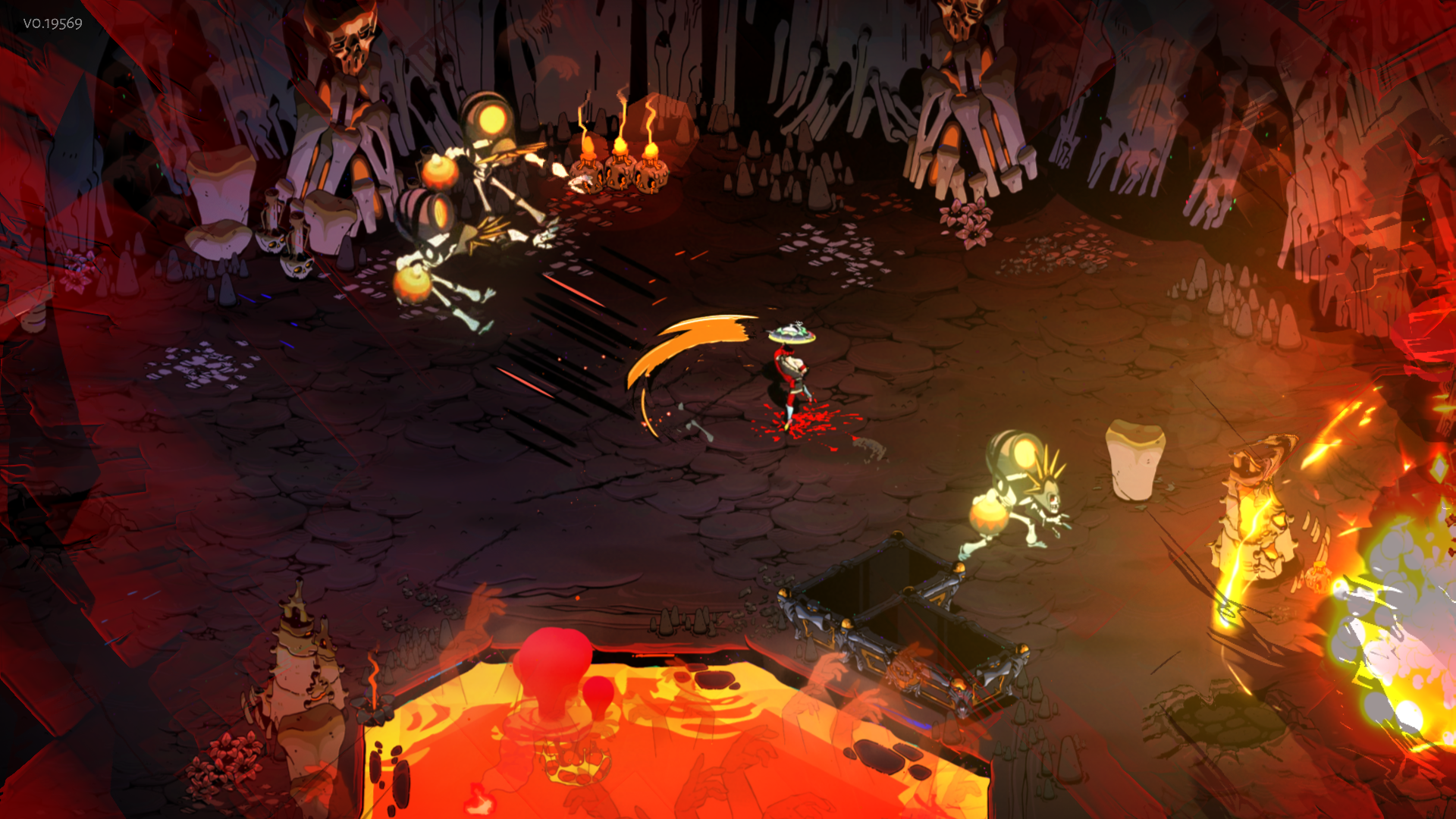

Post-Homer, there are sporadic appearances or mentions of Charon in various tragedies or comedies – first in Euripides’s “Alcestis,” where the protagonist is filled with dread at the thought of the “ferryman of souls.” Soon after, he featured more prominently in Aristophanes’s Frogs, wherein the idea that he requires payment from the living to pass across the river is first established (or at least seems to be). Later however, it seems that Hermes tended to often escort souls to the “nether regions,” before Charon would take charge of the process, escorting them across the rivers of the dead. In the Homeric works (the Iliad and the Odyssey), there is no mention of Charon as a psychopomp instead, Hermes fulfills this role (and did on many subsequent occasions, often in conjunction with Charon).


READ MORE: Ancient Greek Art: All Forms and Styles of Art in Ancient Greece

There is, therefore, some debate whether he was a very old figure from popular belief, or that he was a literary invention from the archaic period when the great body of Greek myths began to proliferate. A later Greek Author – Pausanias – believed that Charon’s presence in the painting was influenced by an even earlier play, named Minyas – where Charon was supposedly depicted as an old man who rowed a ferryboat for the dead. Development of Charon in Graeco-Roman Mythįor Graeco-Roman culture more specifically, he first appears in vase paintings towards the end of the fifth century BC and was supposed to have appeared in Polygnotos’s great painting of the Underworld, dating from around the same time. Moreover, since he is often depicted as a gruesome, demonic figure he has come to be associated with the darker imagery of the afterlife and the undesirable fate of “eternal damnation” in some fiery form of hell. Nevertheless, in each culture and tradition, he symbolizes death and the journey made to the world below. READ MORE: The Cradle of Civilization: Mesopotamia and the First Civilizations It may also be the case that there is no specific starting point discernible for Charon the ferryman, as similar motifs and figures populate cultures all over the world, on every continent. However, his origins may be even older than Egypt, as in Ancient Mesopotamia the river Hubur was supposed to run into the underworld, and it could only be crossed with the help of Urshanabi the ferryman of that ancient civilization. This makes sense since there are numerous scenes in Egyptian art and literature, where the god Anubis, or some other figure such as Aken, takes souls across a river into the afterlife. It was suggested by the Roman historian Diodorus Siculus that he originated in Egypt, rather than Greece. Origins of Charon and What He SymbolizesĪs an entity, Charon was usually said to be a son of Erebus and Nyx, the primordial god and goddess of darkness, making him a god (although he is sometimes described as a demon). For escort across the river Acheron or the river Styx, he must be paid with coins that were often left on the eyes or mouth of the dead. READ MORE: 10 Gods of Death and the Underworld From Around the Worldįurthermore, he is supposed to be dutiful in this position, to ensure that those who cross are actually dead – and buried with the proper funeral rites. In the Graeco-Roman body of myth (where he mostly features) he is more specifically a “ferryman, escorting the deceased from one side of a river, or lake, (usually the Acheron or Styx) to the other, both of which lie in the depths of the underworld. Who is Charon? Charon’s Role in Greek MythologyĬharon is perhaps the most famous of what is called a “psychopomp” (along with more modern interpretations such as the grim reaper) – which is a figure whose duty it is to escort deceased souls from earth to the afterlife. Development of Charon in Graeco-Roman Myth.Origins of Charon and What He Symbolizes.Who is Charon? Charon’s Role in Greek Mythology.


 0 kommentar(er)
0 kommentar(er)
